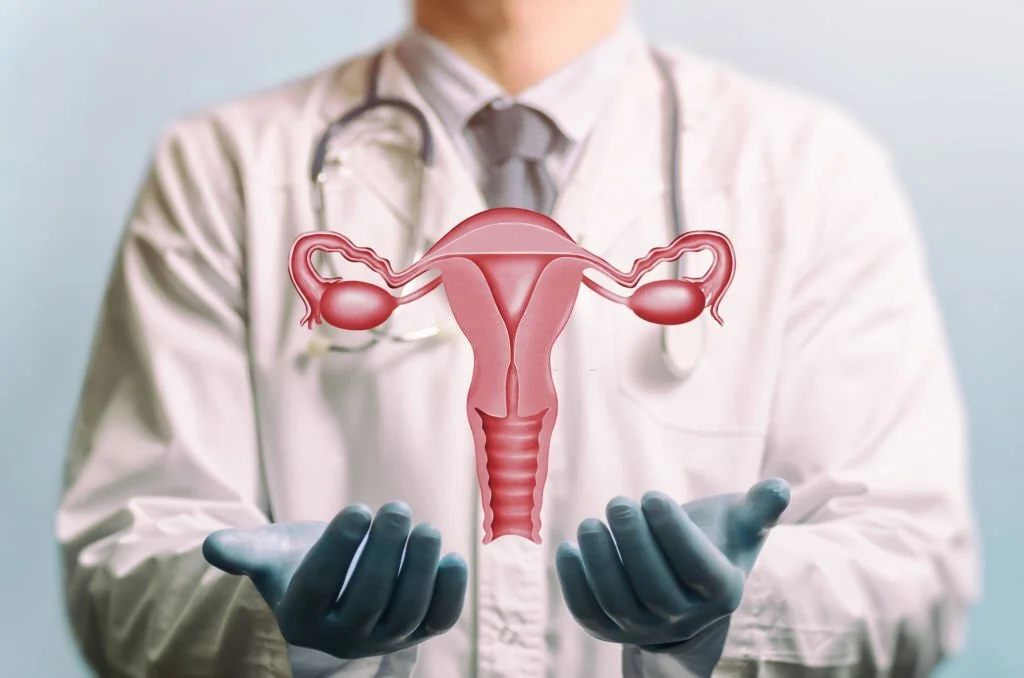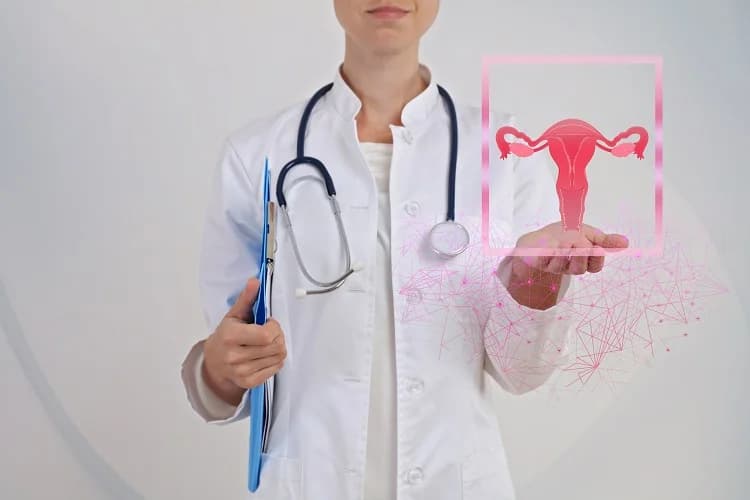An OB-GYN (obstetrician-gynecologist) is a doctor who specializes in women’s health. This healthcare professional specializes in every biological female body function such as menstruation, childbirth, and menopause. Obstetrics involves working with pregnant women, including delivering babies while gynecology involves the female reproductive system, treating a wide range of conditions, including sexually transmitted infections (STIs) and chronic pain.
When should I see an OB-GYN?
A healthy female who’s not experiencing any reproductive health issues should get a preventive checkup once per year. During the yearly checkups, your doctor may conduct evaluations, immunizations, or lab tests for certain diseases which your doctor will determine based on your age group.
Your doctor will also perform a pelvic exam. Apart from the annual checkups, females should visit their OB-GYN for their first menstrual cycle, pregnancy, perimenopause & menopause. There are also a few concerning changes that you should see your doctor for, including:
changes in the volume or frequency of menstrual bleeding
unusual cramping
pain during urination
pain during intercourse

Also, if you’re sexually active, you may visit your OB-GYN for:
birth control, contraception, or sterilization
safe sex tips
advice on preventing or treating sexually transmitted infections or HIV
vaccination against the human papillomavirus
treatment and prevention of pain during sex
abnormal vaginal discharge
urinary tract infections
What procedures can an OB-GYN perform?
OB-GYNs are trained surgeons who can perform a wide range of procedures, including:
cesarean sections
instrumental deliveries during childbirth
a hysterectomy
removing growths, such as ovarian cysts and uterine fibroids
surgery to repair pelvic organ injuries

OB-GYNs can also perform a wide range of routine and in-office procedures, including:
pap smears to test for cervical cancer
fertility treatments, such as egg retrievals for IVF or egg-freezing
pelvic ultrasounds to check the pelvic organs and monitor pregnancy
infertility treatments and counseling
management of urinary issues, such as urinary tract infections and urinary incontinence
treating common problems, such as anemia
breast exams and breast health management, including mammograms and other breast cancer screenings
What is obstetrics?
An obstetrician specializes in obstetrics, which deals with all aspects of pregnancy. This includes prenatal care to post-natal care involving; pregnancy, labor, childbirth, and the postpartum period. An obstetrics main focus is caring for and maintaining a woman’s overall health during maternity. They can also provide therapies to help you get pregnant, such as fertility treatments. If you deliver a premature baby, an obstetrician can also guide the Neonatal Intensive Care Unit (NICU).
What is gynecology?
Gynecology is the branch of medicine that focuses on women’s bodies and their reproductive health. Including diagnosis, treatment, and care for the vagina, uterus, ovaries, and fallopian tubes. These healthcare providers care for women from their first period till post-menopause. Gynecologists also perform recommended screenings such as breast exams, pap smears, and pelvic exams. They also perform hysterectomies and tubal ligations.

What conditions do OB-GYNs treat?
OB-GYNs evaluate and treat a wide variety of conditions. What you see them for may depend on your age, health, and reproductive goals. You may see an OB-GYN about:
abnormal bleeding
pelvic pain
genital itching
urinary incontinence
urinary tract or vaginal infections
endometriosis
breast disorders
hormonal disorders
What are the specialty areas of an OB-GYN?
Your OB-GYN is a specialist who can provide a wide range of services. These include:
Maternal-fetal medicine
Patients with high-risk pregnancies and related medical conditions may see these specialists. These conditions include chronic or gestational high blood pressure, gestational diabetes, blood clotting disorders, and premature labor.

Reproductive endocrinology and infertility
Endocrinologists address issues related to infertility and the glands and hormones of the endocrine system. If you wish to become pregnant but are having trouble conceiving, you can go to a reproductive endocrinologist to perform:
in vitro fertilization
gamete intrafallopian transfer
zygote intrafallopian transfer
embryo transfer
Gynecologic oncology
These oncologists specialize in diagnosing and treating cancers of the female reproductive system. Including cancers of the uterus, cervix, ovaries, or vulva.

Female pelvic medicine and reproductive surgery
These surgeons focus on treating women with urinary tract disorders. They also focus on disorders of the muscle and connective tissue located just beneath a woman’s pelvis. This area is called the pelvic floor, which may become weak as a result of pregnancy, age, or certain medical conditions. These specialists address:
urinary or fecal incontinence
vaginal or urinary tract infections
overactive bladder
bladder pain
pelvic organ prolapses
Conclusion
Obstetrics and gynecology are two interwoven disciplines dedicated to the comprehensive care of women's health, particularly concerning reproductive processes and systems. Obstetrics focuses on all aspects of pregnancy, from prenatal care to postnatal recovery, ensuring the health and well-being of both mother and child. Gynecology, meanwhile, addresses the broader spectrum of the female reproductive system, dealing with a variety of conditions from menstruation to menopause, and including preventive care and fertility management. Together, these fields embody a commitment to supporting women through all stages of life, combining advanced medical knowledge with empathetic patient care to promote optimal health outcomes.
Read more: